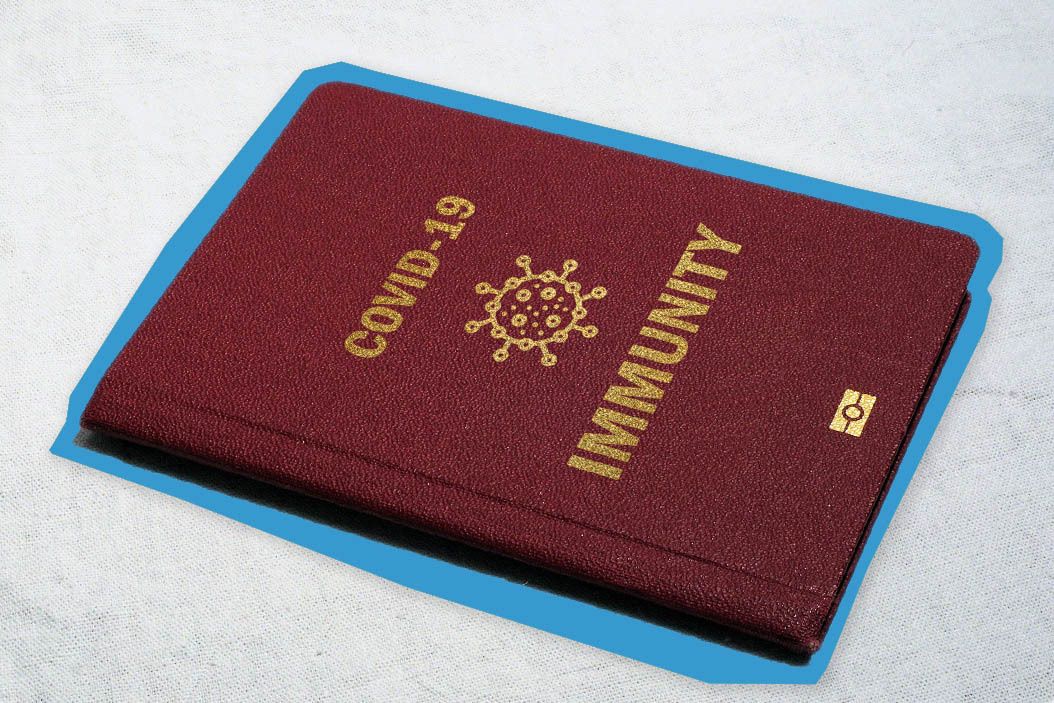It's spring 2021. You have just sat through an hour-long interview for your dream job. The vibe is good, and you're pretty sure you crushed it. Yes, you have a work authorization, and of course you're willing to move to the city of X to take the gig. But before you walk out, your future boss asks one last question: "Do you have your COVID-19 immunity certificate?"
You don't, because the antibody test you took months ago turned up negative.
"Oh," she says, "well, I'm very sorry but, in that case, we can't move forward with your application. A shame, but do keep in touch and let us know when you have an immunity certification, ok?"
As societies around the world move cautiously towards reopening their economies without the benefit of a coronavirus vaccine that confers widespread immunity, dystopian scenes like this one aren't that far-fetched. Chile has already issued the world's first "immunity card." Governments in France, the UK, and the city of Los Angeles have floated the idea too.
If businesses are concerned about the health and economic impacts of the disease spreading in the workplace — or to clients and customers — bosses will be keenly interested to know if employees have immunity to COVID-19. That opens up several important problems.
We don't know enough about immunity. The WHO has warned that there still isn't enough evidence that people who have had COVID-19 develop long-lasting immunity to it. There may be more evidence in the coming months as experts monitor antibodies in people who have recovered, but concern about short-lived or lapsed immunity will become a challenge for any certificate system.
Oversight and responsibility. Developing a credible and standardized proof of immunity is not only an immense healthcare challenge, but also a political one. Who issues them and under what privacy conditions? A national immunity "passport" is potentially an option for countries with centralized political systems and high levels of trust in government. But it's hard to imagine something like that working in the US, for example, where opposition even to a national ID card has always been strong, from groups on both the left and right concerned about privacy and government overreach.
The Brave New World problem. Just as the world of Aldous Huxley's famous novel divided people into different, color-coded professional castes, a situation where some people have COVID immunity certificates and others don't could quickly split the labor force into people who can easily find jobs and those who can't.
There's a historical precedent for this: in 19th century New Orleans, the yellow fever immunity card requirements quickly amplified class and racial divides. Back here in the 21st century, with unemployment rates soaring around the world as a result of lockdowns, anything that makes it harder for people to find work is going to become politically contentious, and fast.
Perverse incentives. Lastly, given the high stakes of proving immunity, will non-immune people try to counterfeit certificates, endangering their future co-workers and customers? Worse, will people feel pressured to contract the virus just to develop the immunity that will help them find a job?
